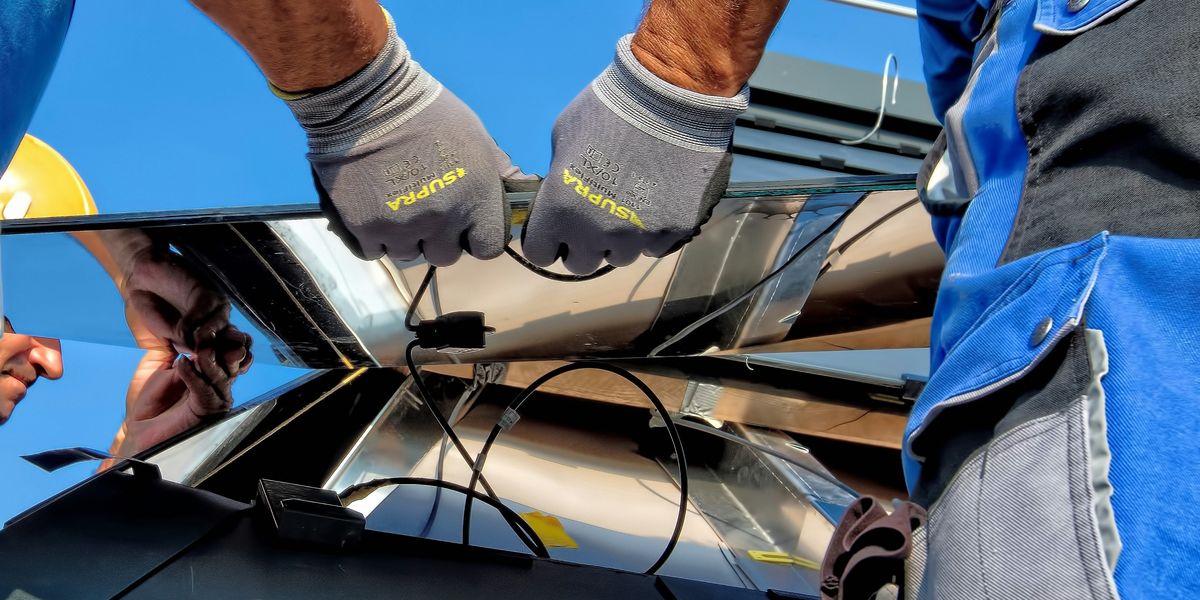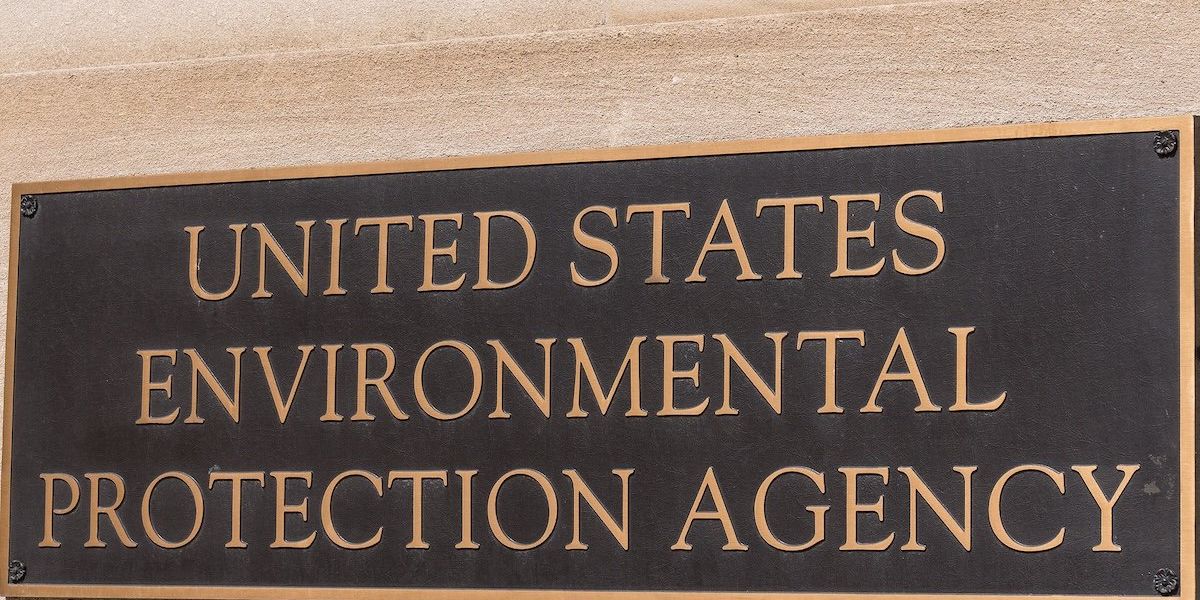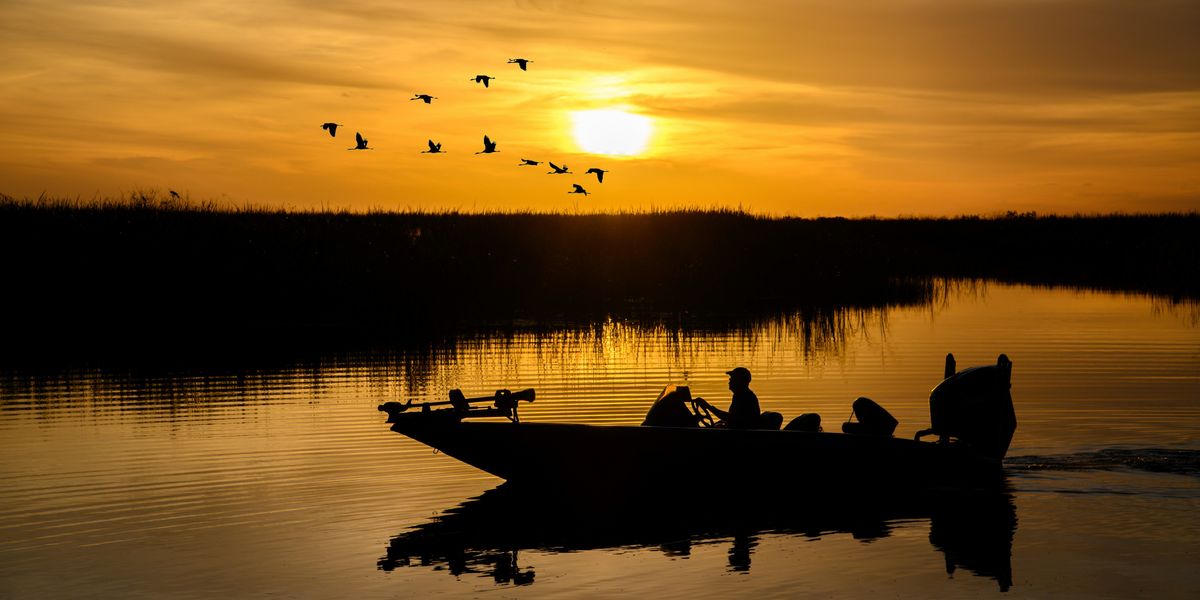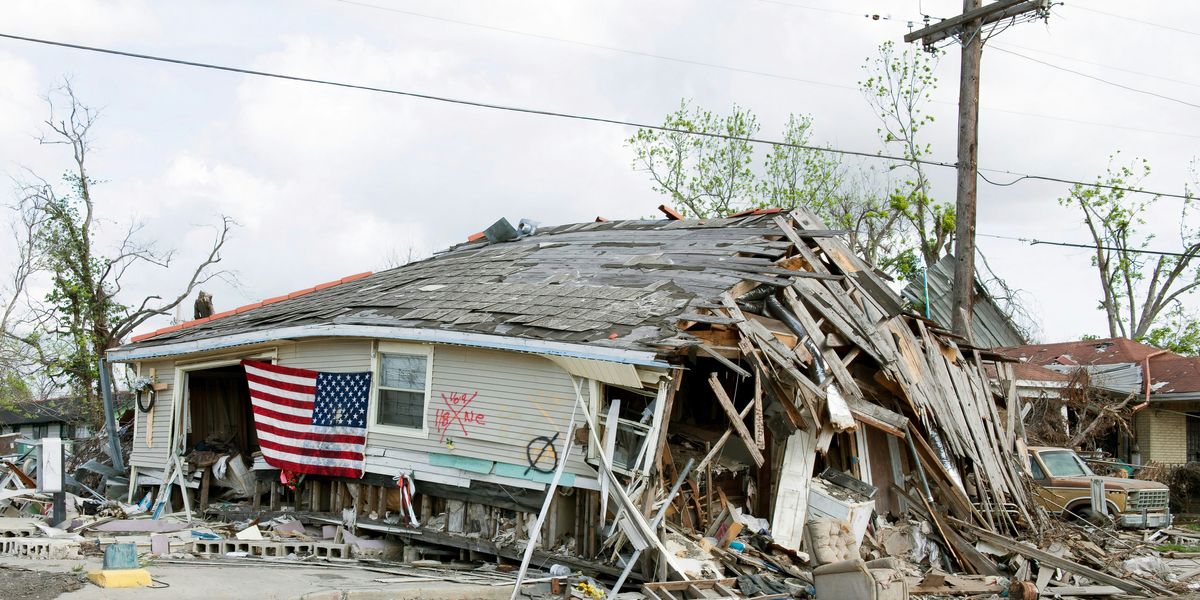coffee
A global push to develop climate-resistant coffee
An international partnership is driving innovative coffee breeding to protect coffee farmers from the impacts of climate change.
In short:
- Arabica coffee, the most consumed coffee species, is highly vulnerable to climate change, risking significant drops in production by 2050.
- Innovea, led by World Coffee Research, is developing climate-resilient coffee varieties through global collaboration, aiming to help farmers like those in Kenya.
- The project combines traditional breeding with genetic technology to create high-yield, disease-resistant coffee plants.
Key quote:
“The idea is to identify the genes we’re looking for and move on with those plants instead of others.”
— Jane Cheserek, lead breeder at Kenya’s government-run Coffee Research Institute
Why this matters:
Innovea is driving a cutting-edge experiment aimed at creating the climate-proof coffee of the future. This isn't just about preserving your daily caffeine fix; it's about safeguarding the livelihoods of millions of farmers worldwide while protecting our environment. Read more: Alexa White on supporting small-scale farmers.
Climate shift spurs innovation in morning beverages
Amid climate concerns threatening traditional coffee production, startups are brewing up innovative alternatives like "beanless coffee," aiming to balance environmental sustainability with consumer cravings for a morning caffeine fix.
In short:
- Climate change threatens traditional coffee production, prompting startups to explore alternative options.
- Companies like Atomo and Northern Wonder are developing "beanless coffee" using sustainable ingredients such as date seeds and chickpeas.
- These alternatives aim to mitigate environmental impact while providing a caffeine boost.
Key quote:
"Coffee is a ritual and it’s a result. And that's what we're replicating."
— Andy Kleitsch, CEO of Atomo
Why this matters:
Instead of relying on coffee plants, which require extensive resources and land, beanless coffee can be produced through alternative ingredients like chicory, dandelion roots, or other plant-based sources. These substitutes not only offer a more environmentally friendly option but also diversify agricultural practices, potentially mitigating the risks associated with monoculture farming.
Coffee drinker that cares about your environmental footprint? Buy shade-grown coffee, brew it by French press, and dispose of the coffee grounds in compost.
Starbucks develops coffee seeds that can withstand climate change effects
Starbucks recently announced that it has developed six new varieties of coffee seeds that can withstand the effects of climate change, which some experts say is “critical” for the future of coffee.
How an El Niño could impact your coffee
A more climate-resistant coffee rises in Africa
Climate Cafe creates space for climate change conversations
Could climate change spell the end for Arabica coffee?
Arabica and Robusta are the two most consumed coffee beans in the world, but the more popular and expensive Arabica is threatened by climate change and inflation. Robusta, notorious for its bitter taste and bad quality, may be the only alternative.



















